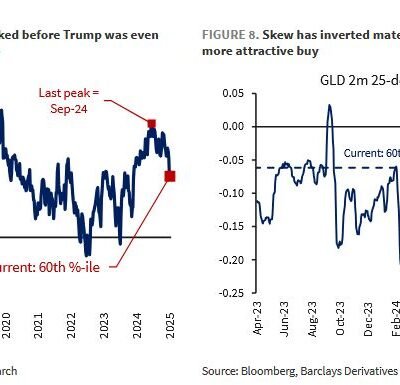*This content is brought to you by Brenthurst Wealth
*By Maria Smit
With alternative investment firms advertising impressive double-digit returns and dominating the financial headlines, it is no wonder investors are eager to get involved. However, as an advisor, I want to make sure you are making an informed decision, not just based on the allure of high returns but with a full understanding of the associated risks.

What are alternative investments in South Africa:
An alternative investment is a financial asset that does not fall into the traditional categories of stocks, bonds, or cash. These investments offer unique opportunities for diversification and potentially higher returns, but they often come with increased risks and complexities
- Real Estate: Investing in physical properties or real estate investment trusts (REITs).
- Private Equity: Investing in private companies that are not publicly traded.
- Commodities: Investing in physical assets like gold, oil, or agricultural products.
- Collectibles: Investing in tangible assets like art, wine, or vintage cars.
- Cryptocurrencies: Investing in digital currencies like Bitcoin or Ethereum.
- Infrastructure: Investing in projects like roads, bridges, and utilities.
How guaranteed is your guaranteed growth portfolio?
There is no such thing as a “guaranteed growth portfolio in alternative assets.” While some alternative investments may offer the potential for higher returns than traditional investments, they also come with higher risks. There is no guarantee that you will make money or that you will not lose money.
The level of risk associated with alternative investments depends on the specific type of investment. For example, real estate investments are generally less risky than private equity investments. However, even real estate investments can be subject to market fluctuations and economic downturns.
It is important to do your research and understand the risks involved before investing in any alternative asset. You should also consult with a financial advisor to get personalized advice.
Key risks of unlisted alternative investments:
1. Illiquidity
These investments often lack a public market, meaning you may be unable to sell or exit the investment when needed. Your capital might be locked up for years.
2. Opaque valuations
Unlike shares listed on the JSE, unlisted alternatives rely on subjective valuation models. Without a transparent market price, there is a risk of overpaying or misvaluing assets.
3. High risk of loss
Many alternative investments target niche or speculative markets, such as private equity or venture capital, with a significant chance of losing your entire investment. Remember that Ecsponent and Sharemax were invested in alternative assets.
4. Limited regulation
Unlisted investments do not have the same oversight as JSE-listed securities, making them more prone to fraud, mismanagement, or operational failures. Think Diamond packet scheme.
5. Lack of transparency
These firms often provide minimal financial reporting, making tracking performance or understanding the underlying assets challenging.
6. Complexity
Many alternative investments employ strategies or structures that are difficult to understand. Without the necessary expertise, it is easy to underestimate the risks involved.
7. High entry costs
Often, alternative investments require substantial initial capital, which can reduce diversification and increase exposure to a single investment. Also, Alternative Investments generally have higher fees, but if you are not an astute investor you will miss the fees wrapped into the fund pricing.
8. No guarantee of returns
Double-digit returns are not guaranteed and often come with significant risk. Market downturns or poor management can erode potential profits.
Why it is crucial to look beyond returns
It is human nature to focus on promising high returns, but investing is about balancing risk and reward. Alternative investments can play a role in a diversified portfolio, but only if their risks are clearly understood and align with your financial goals, risk tolerance, and liquidity needs.
Questions to Ask Before Investing:
What am I investing in?
Understand the underlying assets and strategies. As Warren Buffet said: “Never invest in a business you cannot understand.”
What are the fees?
High returns often come with high management fees or performance charges.
If they are charging performance fees, what benchmarks are they using? Benchmarks are essential for evaluating whether the investment’s performance justifies its risks, costs, and the investor’s objectives.
How long is my capital locked in?
Ensure the investment aligns with your liquidity requirements. Some investments have lock-in periods of three to five years, and sometimes up to seven years, during which selling is restricted or only possible at a price below the Asset value.
What are the risks?
Ask for a detailed risk assessment and scenario analysis.
Who is managing the investment?
Evaluate the credibility and track record of the managers.
Your advisor’s role should be as follows:
To protect your financial interests, ensure the proper due diligence has been done on any investment opportunity. Provide transparent advice that prioritizes your financial well-being over market hype.
* Maria Smit, CFP®, is a financial advisor at Brenthurst Wealth Pretoria [email protected]

Read also:





